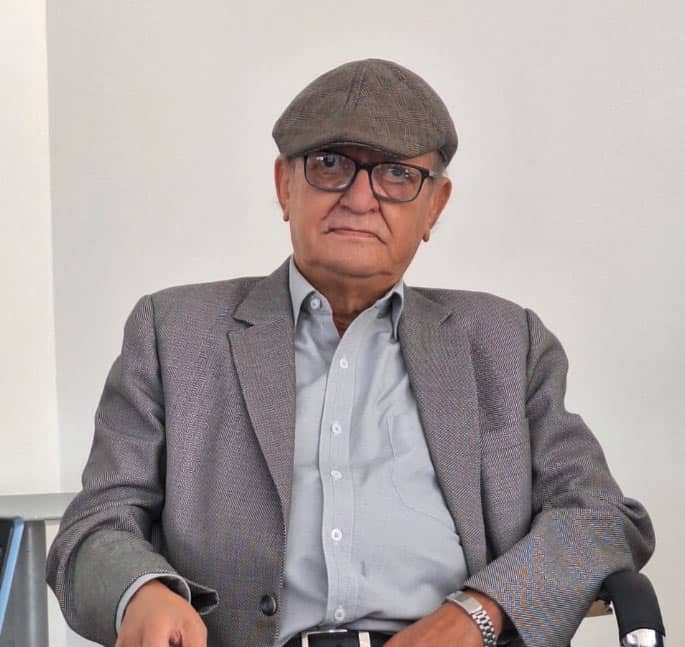By Elio Villaseñor
Director General of Citizen Initiative
for the Promotion of a Culture of Dialogue, AC
“Not everything we face can be changed,
But nothing can be changed until it is faced.”
James Baldwin
We live in an age saturated with information, constant stimulation, and countless possibilities. Opportunities are there, but they aren't handed to you: they require courage, a proactive attitude, and a creative mindset to seize them.
In this context, some young people choose the easy way out, the immediate, a comfortable life without much effort. They settle for just getting by, trapped by the logic of minimal effort and the constant noise of social media and screens that reinforce conformity.
But there is another kind of youth. Young people who refuse to give up. Who find strength even in the most difficult moments. Who are not afraid of hard work, because they understand that every step counts in building their future. Who get up every day with the conviction that their goals are worthwhile, and that their life's purpose has meaning.
These young, ambitious fighters refuse to be held hostage by mediocrity. They don't follow the crowd. They dare to dream big, to make mistakes, to get back up, and to build together.
They have a proactive mindset, not a passive one. And they know that to transform their reality, complaining isn't enough; they need to act with values, confidence, and collaboration.
Being young is not synonymous with indecisiveness or apathy. It means having the energy, vision, and strength to make a difference.
Not settling for mediocrity is a life choice. Being young means having the spirit of a fighter: with determination, purpose, and heart.
What kind of young person are you choosing to be today: the one who waits or the one who acts?
An answer to that question is provided in the articles of this edition of Plataforma JuventudES.
In their document, Esteban Álvarez Díaz and Tannia Guzmán, from the Alliance for Decent Work, emphasize the importance of coordinating efforts between government, businesses, and civil society to promote decent employment, support entrepreneurship, and recognize the role of young people in economic and social development. Along these lines, Alma Janeth Calte, from the Self-Managed Development Association (AUGE), outlines the structural barriers that young women in rural communities face in accessing work and education, especially due to the unequal burden of caregiving and the economic insecurity of rural life. Building on these ideas, Octavio Rivas, from the Youth Building the Future Program, describes the situation of young people in the Valley of Mexico, where a tension persists between their transformative potential and the structural barriers they face in accessing education and decent work.
In the area of the Care System, Ms. María Fernanda Aguayo González, Director of Gender Equality - Federal Judiciary Council, and Rebeca Saucedo López, Drafting Secretary PJF Chihuahua, analyze the recent judicial progress in Mexico regarding the right to care, highlighting a ruling by the Collegiate Court that recognizes the legislative and administrative omission of the Congress and the Head of Government of Mexico City in not issuing or implementing the Care System Law.
At the international level, Randy Márquez, from GOYN Alumni, analyzes the situation of young people in Barranquilla, Colombia, in light of inequalities in education, employment, and socio-emotional well-being, drawing on GOYN reports and other regional studies. In this context, Umi Sadiki Shee, from the Kenya National Youth Dialogue Committee, shares her experience as a community leader and social worker, promoting youth participation in decision-making through her work in advisory groups and advocacy processes. Finally, Andrés Felipe Rodríguez Cárdenas, from the Youth Advisory Group (GAJ)-GOYN Bogotá, highlights the leading role of young people in Colombia as agents of social, economic, and environmental transformation, emphasizing the need to support youth training and leadership as an essential factor in building a more just and sustainable country with greater collective well-being.
I invite you to read this edition of YouthES PlatformThis book delves deeper into the situation of young people and the urgent need to strengthen technical education and dual training, promote socio-emotional and digital skills, and foster real and dignified job opportunities. I believe it is a key read for understanding the challenges young people face and, above all, the paths forward.






